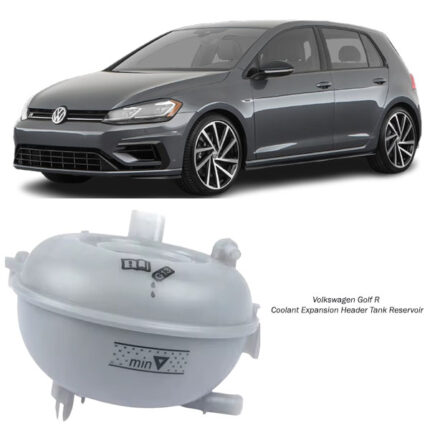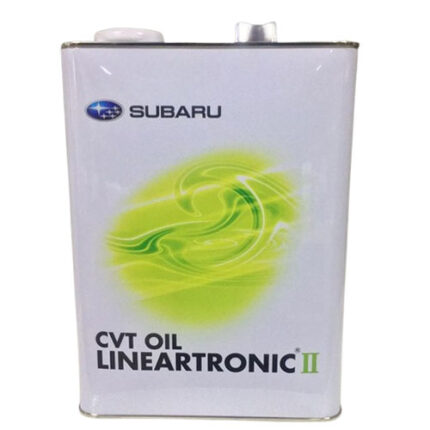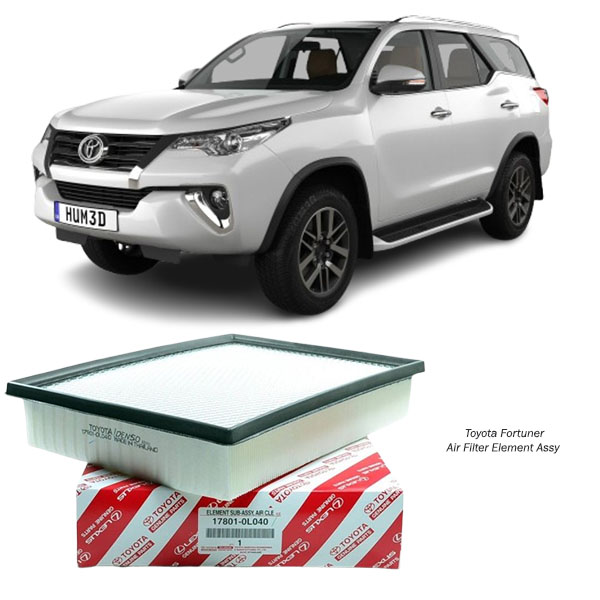-7%
Get Toyota Fortuner Air Filter Element Assy 17801-0L040 in Kenya
An Air Filter Element Assembly is a crucial component in any vehicle’s engine system. It plays a vital role in ensuring clean airflow into the engine, improving performance, fuel efficiency, and longevity. In this detailed guide, we’ll explore everything about air filter element assemblies, including their function, types, maintenance, and why they are essential for your vehicle.
What is an Air Filter Element Assembly?
The Air Filter Element Assembly is a part of the vehicle’s intake system that filters out dust, dirt, debris, and other contaminants before the air enters the engine. Clean air is essential for the combustion process, ensuring efficient fuel burning and optimal engine performance.
Without a properly functioning air filter, contaminants can enter the engine, leading to poor performance, increased fuel consumption, and potential long-term damage.
How Does an Air Filter Work?
When your engine runs, it requires a precise mixture of air and fuel for combustion. The air filter acts as a protective barrier by trapping harmful particles and allowing only clean air to pass through. This ensures that the air-fuel mixture remains optimal for combustion, improving efficiency and reducing emissions.
Key Benefits of an Air Filter:
Prevents dust and dirt from entering the engine
Enhances fuel efficiency
Prolongs engine life
Reduces harmful emissions
Types of Air Filter Elements
Air filters come in various designs and materials, each suited for different driving conditions and vehicle models. Here are the most common types:
1. Paper Air Filters
The most commonly used type
Made from pleated paper material
Affordable and disposable
Offers effective filtration but needs frequent replacement
2. Foam Air Filters
Made from polyurethane foam
Used in off-road and high-performance vehicles
Can be washed and reused
Provides excellent airflow but may require oiling
3. Cotton Gauze Air Filters
Made from multiple layers of cotton gauze
Reusable and high-performance
Often used in performance cars and motorcycles
Provides increased airflow for better acceleration
4. Carbon Air Filters
Contains activated carbon for better filtration
Reduces bad odors and harmful gases
Commonly found in cabin air filtration systems
5. High-Efficiency Particulate Air (HEPA) Filters
Used in modern, high-end vehicles
Captures microscopic particles for superior filtration
Enhances air quality inside the vehicle
Signs That Your Air Filter Needs Replacement
Over time, air filters get clogged with dirt and debris, reducing their effectiveness. Here are some signs that indicate it’s time for a new filter:
Reduced Fuel Efficiency – A dirty filter restricts airflow, causing the engine to consume more fuel.
Unusual Engine Sounds – Whistling or rough idling could indicate restricted airflow.
Black Smoke from Exhaust – An improper air-fuel mixture can cause incomplete combustion.
Decreased Acceleration – If your car struggles to pick up speed, a clogged filter might be the culprit.
Check Engine Light – Some vehicles detect restricted airflow and trigger a warning.
Tip: It’s recommended to replace your air filter every 10,000 to 15,000 miles (16,000 to 24,000 km) or as per your vehicle manufacturer’s guidelines.
How to Replace an Air Filter?
Replacing an air filter is one of the easiest maintenance tasks you can do yourself. Here’s a simple step-by-step guide:
Step 1: Locate the Air Filter Box
The air filter box is usually a plastic container located near the engine.
Step 2: Open the Filter Housing
Unclip or unscrew the housing cover.
Step 3: Remove the Old Filter
Take out the old air filter and inspect it for dirt and damage.
Step 4: Insert the New Filter
Place the new air filter into the housing, ensuring it fits securely.
Step 5: Close the Housing and Secure It
Reattach the cover and make sure everything is properly secured.
Tip: Always use a high-quality filter that matches your vehicle specifications for the best results!
Benefits of a Clean Air Filter
A well-maintained air filter brings multiple advantages to your vehicle, including:
Better Engine Performance – Unrestricted airflow allows for better combustion and power output.
Improved Fuel Economy – A clean filter ensures the correct air-fuel ratio, reducing fuel wastage.
Reduced Emissions – Cleaner air intake leads to complete fuel combustion, minimizing pollutants.
Longer Engine Life – Prevents dust and debris from damaging engine components.
Cost Savings – Regular maintenance reduces the risk of expensive engine repairs.
Choosing the Right Air Filter for Your Car
When selecting an air filter, consider the following factors:
Vehicle Compatibility – Ensure the filter matches your car’s make and model.
Filter Material – Choose between paper, foam, or cotton gauze based on your driving needs.
Performance Needs – If you drive in dusty conditions, opt for a high-performance filter.
Brand & Quality – Invest in a reputable brand for long-lasting efficiency.
FAQs About Air Filters
1. Can I Clean and Reuse My Air Filter?
Some filters, like foam and cotton gauze types, can be cleaned and reused. Paper filters, however, must be replaced.
2. How Often Should I Check My Air Filter?
It’s best to inspect your air filter every 3,000 to 5,000 miles or during regular vehicle servicing.
3. What Happens If I Don’t Replace My Air Filter?
A clogged air filter can lead to poor engine performance, higher fuel consumption, and even engine damage over time.
4. Does a High-Performance Air Filter Improve Horsepower?
Yes! High-flow filters can improve airflow, slightly boosting horsepower and throttle response.
Follow us on Facebook for more parts.





Reviews
Clear filtersThere are no reviews yet.